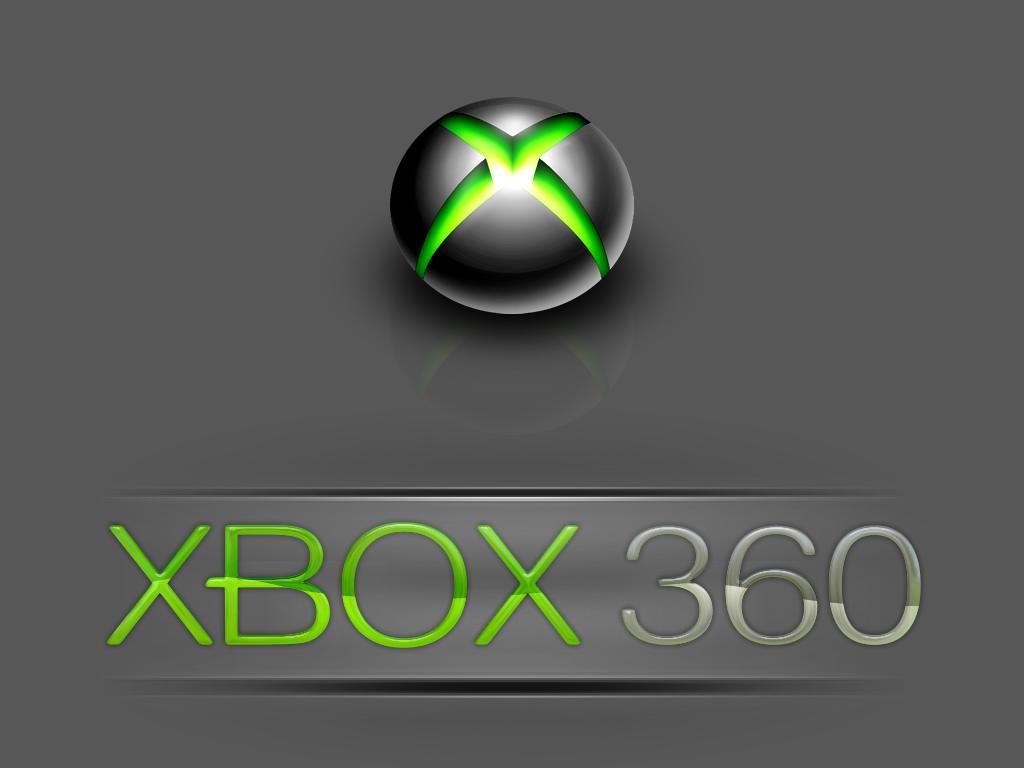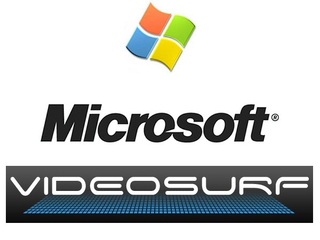
Microsoft is poised to release the next version of its Xbox console in 2013 — at the earliest.
Many were expecting the next-level Xbox to debut this summer, but Sony reps have shot down those hopes soon after speculation started. Now the word is the that a new device will debut at the June 2013 E3 conference, according various published reports.
Microsoft has not yet returned our requests for comment.
That could mean that there will be some serious reimagination in what an Xbox can be, since so much time and technology will have passed by mid-2013.
Back in January, we reported that Microsoft Xbox manufacturers had a banner year in 2011. Analysis by the NDP Group showed that, while 2011 was not a good year overall for the physical game sales, Microsoft Xbox products still sold successfully.
One of the last big launches for Xbox was back in fall 2010 when the Kinect came to Xbox and people were able to use gesture tech to play physical games or scan through Web-based applications.
Xbox financials
Microsoft was the frontrunner in console sales in 2011, outpacing the runner-up Sony PlayStation by 2.7 million units. Xbox 360 consoles took 49% of consumer retail spend, with $6.7 billion in total sales, which breaks down to $4.6 billion in games and accessories and $2.1 billion in consoles. Microsoft sold 66 million Xbox 360 consoles and 16 million Kinect sensors.
December 2011 was the 10th straight month that Xbox 360 held over 40% of the current-generation console market share, and the 12th straight month of being the best-selling console. Xbox 360 currently holds 46% of the current-generation console market share.
Xbox 360 had seven of the top 10 selling games in 2011: “Call of Duty Modern Warfare 3,” Elder Scrolls V: Skyrim,” “Battlefield 3,” “Assassin’s Creed: Revelations,” “Just Dance 3,” “Kinect Sports Season Two” and “Dance Central 2.”
For their part, Sony is claiming that PlayStation also had a good year, citing sales of 6.5 million consoles and handset units worldwide, which includes PS2, PS3, PSP, and PlayStation Vita. The new handheld PlayStation Vita debuted in Japan in 2011 to disappointing sales, but has since improved, having sold about 500,000 units as of January 5.
Still, non-digital sales of gaming products are down in 2011. The industry brought in $17.02 billion in revenue for 2011, down 8% from $18.6 billion from the previous year.
The slump was especially apparent in the holiday season. December 2011 saw a 21% decline in retail sales of gaming products, from $18.6 billion in 2010 to 17 billion. December gaming sales usually account for about 28% of the year’s totals, though in 2011 this fell to around 23%.
But those numbers include only sales of physical gaming products, not including downloads, rentals, or sales of used games. This category brought in $7.24 billion, up 7% from 2010. Even still, one report estimates that 2011 saw a 2% decline in the sales of all gaming products.
Let’s hope things get better for the gaming industry in 2012. The PlayStation Vita will be released in North America on February 22, and Nintendo — which experienced annual losses for the first time in over 30 years in 2011 — will release its first-ever HD console sometimes between june and December 2012.
Nintendo, on the other hand, is expected to release the Wii U later this year.
Consoles strive to stay relevant
Gaming console systems have had to do a lot of innovating in order to stay relevant in the growing tablet, mobile phone, laptop market where social gaming is becoming king. Most consoles have partnered with Netflix, Hulu, Web companies and gesture-based games in order to increase the value of these devices (that once were just for individual-player games that were purchased once and played on demand.)
The online and mobile games are poised to grow into an $82 billion market with a revenue share of 50% as the historically popular console gaming flattens out, according to a report from Digi-Capital that came out this month.
Social and mobile gaming has done something that few thought was possible, turned some of the least likely demographics into serious and paying gamers — the over 40 crowd, and this is proving to be a great growth market for gaming companies and an enticing market for advertisers that want to reach that market.
Last year, gaming investment and M&A more than doubled just as private placements grew by 96% to $2 billion.
All of this attention and response to growth in gaming resulted in an 88% boost to M&A volume, brining it to 113 transactions — with a value bump of 160% over the previous year (equating to $3.4 billion). And you can bet that protective buyers and sellers in the gaming weld like to hear that the average M&A deal size grew 38% to $30.4 million.
While global gaming can be broken down in to multiple segments, it is important to note that the biggest players making money are still US console and media companies such as EA, Popcap, Disney and Playdom, but US gambling and Japanese mobile companies are gearing up for some serious action.
So it will be interesting to see if Xbox creates any partnerships with social gaming companies to meld to two worlds together. It looks like they have more than a year to ink such deals — and it could encourage Zynga and the like to up the quality of their games to look better on HD TVs. Just a thought.























